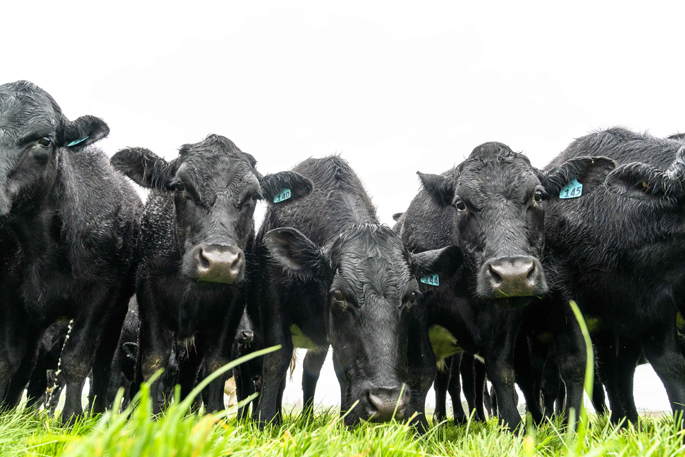Bay of Plenty farmers are breathing a sigh of relief that the regional council will have to stop charging ahead with unworkable new freshwater rules.
“The Government stepping in to stop regional councils from notifying new freshwater regulations is a pragmatic, commonsense decision that will be well-received by local farmers,” Federated Farmers Bay of Plenty vice-president Darryl Jensen said.
“It never made any sense for Bay of Plenty Regional Council [BOPRC] to be trying to introduce new water quality rules when they knew the Government was changing the national direction.”
BOPRC had earlier acknowledged a new National Policy Statement for Freshwater Management (NPS-FM) was on its way and intended to monitor its progress.
“It also said it was working on changes that could provide more certainty about water consent, and streamline plans for water users, which are moves that Federated Farmers Bay of Plenty applauds,” Jensen said.
Nevertheless, BOPRC was pushing on to notify a plan change with new freshwater rules in September next year.
“Draft provisions of that plan change based on the previous Government’s unworkable NPS-FM 2020 would have had significant impacts for Bay of Plenty farmers,” Jensen said.
They included requirements to retire land, extended riparian setbacks and grazing restrictions.
With the Government’s RMA amendment bill, no regional council will be able to notify new freshwater rules in any plan change until December 31, 2025, unless the Government settles its new freshwater policy earlier.
“That’s a positive for farmer confidence and certainty,” Jensen said.
“This will prevent needless duplication of effort, the wasting of council staff time, and possible confusion for farmers with constantly changing rules.
“As Federated Farmers has consistently pointed out, there was no point in BOPRC doing all this work on new freshwater rules for our region when they could be totally out of sync with what the Government decides should apply.
“This change by the Government in no way hinders farmers, the council and the wider community from continuing all the good work already going on to protect waterways and reduce contaminants,” Jensen said.
“In fact, it could be a gain because instead of spending more money on long-winded planning processes, we can instead concentrate on the on-the-ground, catchment-based action that really will make a difference to the Bay of Plenty environment.”
Farmers need rules that are fair and practical, but also an element of certainty so they can make business decisions and get on with farming, Jensen said.
“Council should do it once and do it right, so we don’t need constant flip-flopping or shifting of the goalposts that undermine farmers’ confidence to invest in their businesses.
“What taking a little more time is likely to mean in practice is that we end up with much clearer and more consistent water quality rules that everyone in our community can support.
“From my perspective, that can only be a good thing.”



0 comments
Leave a Comment
You must be logged in to make a comment.